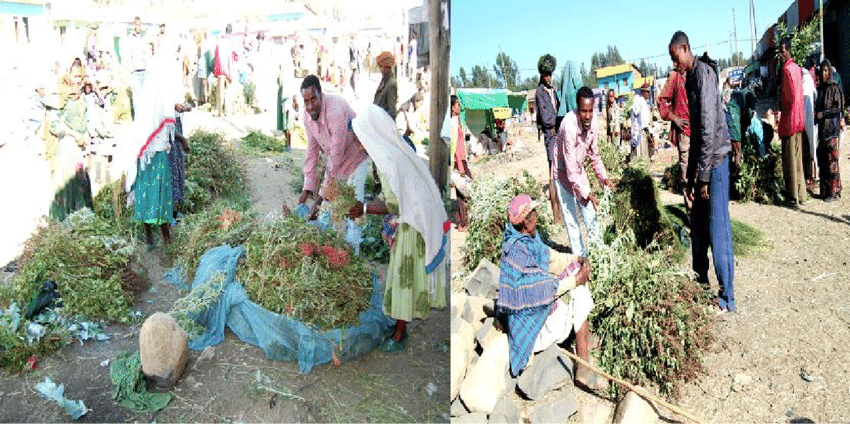
In Ethiopia herbal medicine continues to play a major role in health care especially in rural areas where modern hospitals are hard to reach For centuries Ethiopians have used local plants roots and leaves to treat everything from stomach aches to infections and chronic diseases
Traditional healers known as tenquay or wise people are respected in many communities and their knowledge is often passed down through generations These healers collect herbs from forests mountains and fields and prepare them using methods learned over time
Many Ethiopians trust herbal remedies more than modern drugs Some say they are more affordable natural and part of their culture Even in cities people still use herbal treatments for common problems like colds fevers and skin conditions
A healer in the Oromia region said my father taught me which plants to use and how to prepare them I treat many people every week using only herbs I find nearby He believes his knowledge is a gift and a duty to help others
Researchers have started to study some of Ethiopia’s herbs and have found real medical value in several plants Some are being tested in labs and could be used to develop new treatments in the future
However there are also concerns Some herbs can be harmful if used incorrectly and not all traditional healers are trained well The government is working to regulate herbal medicine and integrate safe practices into the national health system
Health officials say they want to respect Ethiopia’s traditions while making sure treatments are safe and effective Some universities now offer training in traditional medicine to help preserve the knowledge while adding scientific understanding
Despite the growth of modern hospitals and pharmacies herbal medicine remains deeply rooted in Ethiopian life It reflects a long history of healing wisdom and a strong connection between people and nature

